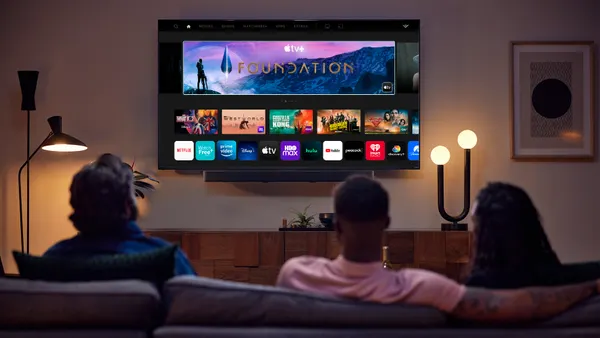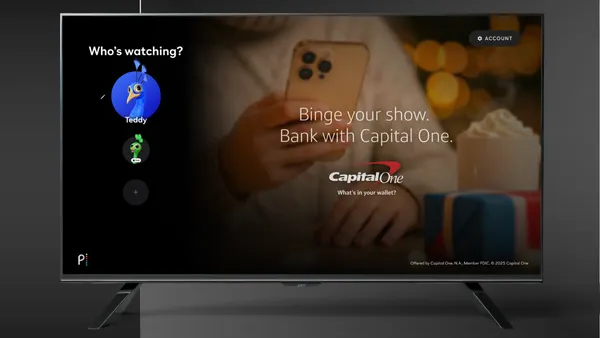Dive Brief:
- The number of companies that said CMOs were among their best-paid officers fell 35% from 1999 to 2017 as the compensation for technology executives surged, per a study of company filings by the Harvard Business Review. The study sought another way to measure how companies have cut advertising expenditures while boosting spending on technology.
- Researchers found that CMOs were less likely to be among the top five most compensated executives than in the past, according to the analysis of public filings by S&P 1500 companies. The number of corporate officers in information or technology roles now "far exceeds" the number of CMOs at those companies, the study found.
- The report follows an earlier study that determined companies had cut their advertising spending from 1% in 1975 to 0.8% of total expenditures in 2017. Meanwhile, R&D expenditures jumped from 1% to 8% of the total during that period, according to the study by business professors Shivaram Rajgopal and Anup Srivastava.
Dive Insight:
There is plenty of anecdotal evidence suggesting the role of CMOs has diminished in the past 20 years as companies cut their marketing spending, but quantifying that shift has been a challenge, as study authors Rajgopal and Srivastava acknowledge. Their report last year argued that the importance of marketing was reduced in the organizational hierarchy compared with engineering, technology and innovation. However, marketing expenditures aren't limited to advertising spend and companies typically don't disclose how much they spend on marketing, making yearly comparisons difficult.
By looking at how many companies report that their CMOs are among their best-paid corporate officers, Rajgopal and Srivastava have sought to find other indications of the shift in spending to technology and away from marketing. The data suggests the importance of CMOs has declined, supporting the researchers' earlier assessment that marketing is less valued today than it once was.
Meanwhile, CTOs have risen in importance. Some of the trend can be explained by a surge in the technology industry, while manufacturers and retailers make up a smaller portion of publicly listed companies. Selling physical products relies on the traditional "4P" marketing ideas of product, price, promotion and place, but consumers have shifted their spending toward software-based services distributed through the internet. Consumers also have greater access to information about products and services from online sources such as bloggers, influencers and online reviews, diminishing the role of traditional advertising.
Marketing also requires greater technological know-how that it did in the past amid digital media's growth. Online advertising requires continual experimentation and dynamic decision-making, which relies on algorithms, data scientists, econometricians and big data experts for targeting and personalization. In some cases, marketing may merge into IT functions or outsourced to companies such as the Google Marketing Platform, according to the study.
Consulting firms in recent years have developed stronger marketing, customer experience (CX) and design units to reflect the growing demand among companies for more technologically advanced advertising. Accenture, Deloitte and PwC have added staff and acquired creative agencies with the goal of competing against established ad/marketing giants like WPP, Omnicom Group and Interpublic.
The growing importance of technology over marketing may indicate that Silicon Valley companies don't appreciate marketing, Rajgopal and Srivastava said. Google, Microsoft, Amazon and Facebook were created by software engineers, whereas brands like Coca-Cola and Nike relied on more traditional advertising methods to build their brands. Among tech giants, only Microsoft listed its CMO as one of its best-paid executives in 2017, per the report. CFOs also have become more important in the financing acquisitions instead of the organic development of brands, as seen with Microsoft's purchase of LinkedIn, Facebook's takeover of WhatsApp and Google's acquisition of YouTube.












